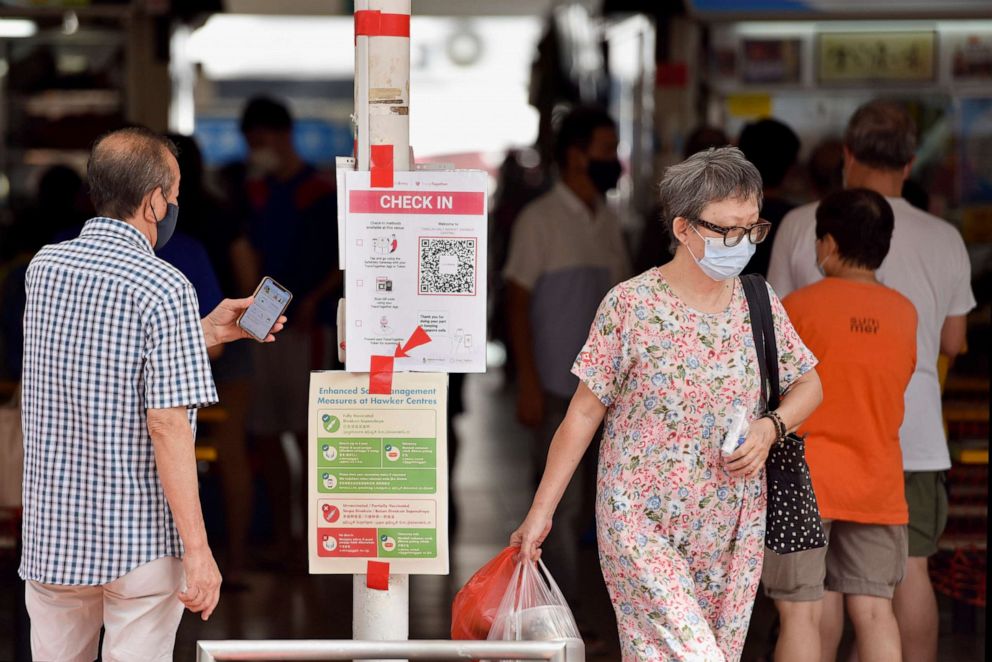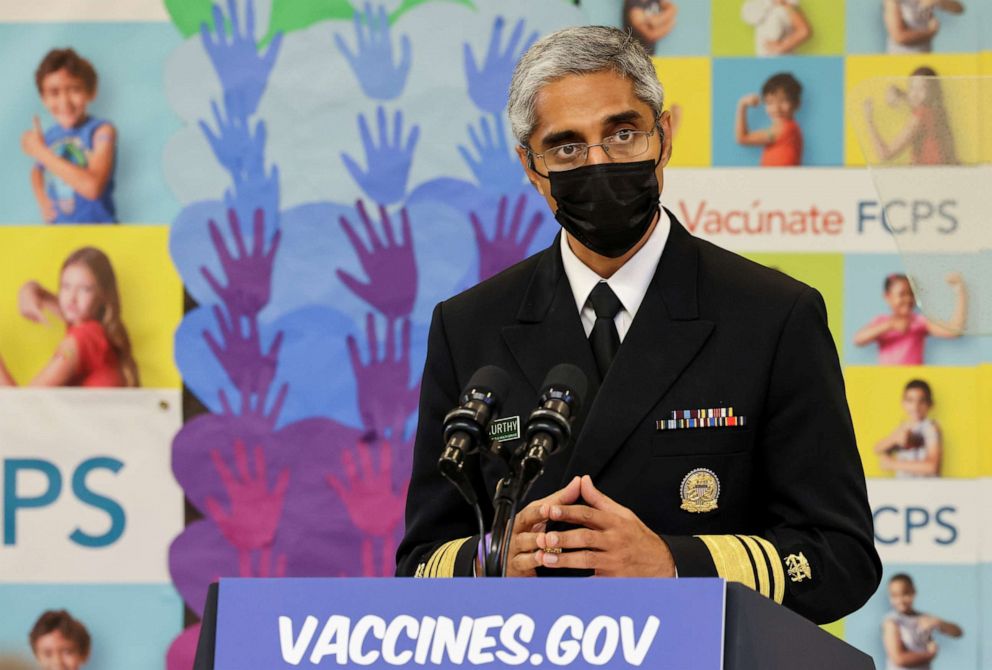Aaron Rodgers: 'To anybody who felt misled … I take full responsibility'
Green Bay Packers quarterback Aaron Rodgers says he takes full responsibility for anyone who felt misled by his comments about his vaccination status.
“I do realize I am a role model," Rodgers said on "The Pat McAfee Show" Tuesday. "I made some comments that people might have felt were misleading. And to anybody who felt misled by those comments, I take full responsibility for those comments."
Rodgers, who tested positive for COVID-19 last week and is not vaccinated, said Friday that he wasn't hiding his vaccination status, even though he told reporters in August, "I've been immunized."

Rodgers also said Friday that he's allergic to an ingredient in mRNA vaccines.
He added, "I believe strongly in bodily autonomy and the ability to make choices for your body."
Rodgers said Tuesday that he's heard from the team and coaching staff and that he hopes to join meetings via Zoom ahead of Sunday's game. Rodgers added that there is a "small possibility" he doesn't play on Sunday.
Dr. David Dowdy, an epidemiologist at the Johns Hopkins Bloomberg School of Public Health, told ABC News in September that severe allergies to the vaccines are extremely uncommon and are experienced by less than one in 1 million people, according to health data.
The CDC said: "If you have had a severe allergic reaction or an immediate allergic reaction -- even if it was not severe -- to any ingredient in an mRNA COVID-19 vaccine, you should not get either of the currently available mRNA COVID-19 vaccines. ... If you aren’t able to get one type of COVID-19 vaccine because you are allergic to an ingredient in that vaccine, ask your doctor if you should get a different type of COVID-19 vaccine."
Dr. Jeff Linder, chief of general internal medicine and geriatrics at Northwestern University Feinberg School of Medicine, told ABC News in September that research so far shows that severe allergic reactions are likely triggered by polyethylene glycol, or PEG, a component of the vaccines.
"An allergy to that is pretty rare," Linder added. "It would have to be documented, as a moderate or severe allergy, before I would consider giving a medical exemption."







